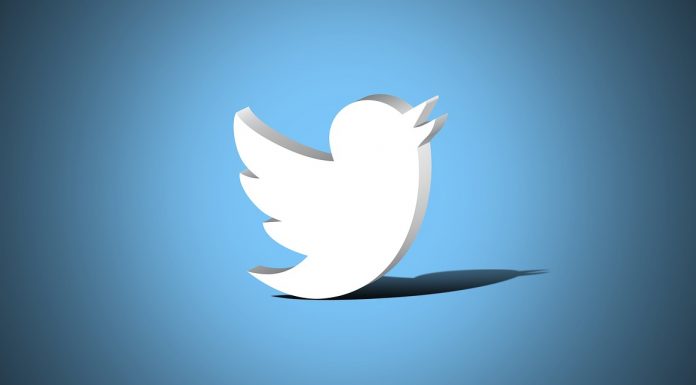In the one-world government that companies like Twitter and Facebook envision, everyone will share a common set of facts—and tech companies will get to be the arbiters of that brave new reality, based on what best behooves their profit margins.
According to a new study, though, their early efforts to manipulate public sentiment have backfired.
The Washington Post cited a study by researchers at Washington University in St. Louis and Cornell University that the attacks on President Donald Trump’s bully pulpit left conservative supporters unmoved.
If anything, they increased support for the president—and the negative perceptions of social media itself.
The report examined the impact that Trump’s tweets had on executive actions taken by the president.
“We find little evidence that social media appeals move public opinion overall, although they do increase support among Republicans,” said the researchers in their abstract.
“Corrections generally worked as intended among Democrats but backfired among Republicans, cancelling each other out in the aggregate.
This should come as no surprise to conservatives, of course, who have been cautioning as much since Silicon Valley’s censorship campaigns began.
One problem has long been the double standard by which leftist elites hold themselves compared with those they disapprove of.
Patently false and intentionally misleading statements from figures like former President Barack Obama and Democrat presidential candidates Hillary Clinton and Joe Biden have garnered little attention or scrutiny from the press, allowing corruption to run rampant.
Meanwhile, the Post noted that in the lead-up to the election, Twitter had amplified its efforts against Trump.
“For months, Twitter has been identifying and contextualizing Trump’s misleading tweets, aiming to stop misinformation from spreading on its platform,” the Post claimed.
“Such warnings may have been a public relations victory for Twitter and for the other social media companies that took similar steps in 2020, at least among some audiences,” it continued.
Among members of the silent majority, however, the overt disinformation and bias spread by the online media publishers has allowed right-friendly sights like Parler and Rumble to flourish instead.
The recent study is limited in its scope to a sample of just over 1,000 adults who were asked in May about whether mail-in ballots were fraudulent.
Republicans who saw a tweet from Trump were around 9% more likely to believe it than those nothing prior to hearing the statement.
Democrats, meanwhile, were around 4% less likely after seeing Trump’s tweet.
Remarkably, that number increased significantly thanks to Twitter’s interference. After seeing a nudge or a fact-check, Republicans became 4% more skeptical while Democrats became about 3% less so.
As a result, the tweet itself increased polarization—something to be expected from Trump’s administration.
But the social-media response made the overall polarization on attitudes more than 50% higher than it would have been otherwise.
And it ultimately caused more people who supported Trump to believe the statement than it caused those who opposed him to doubt it.

